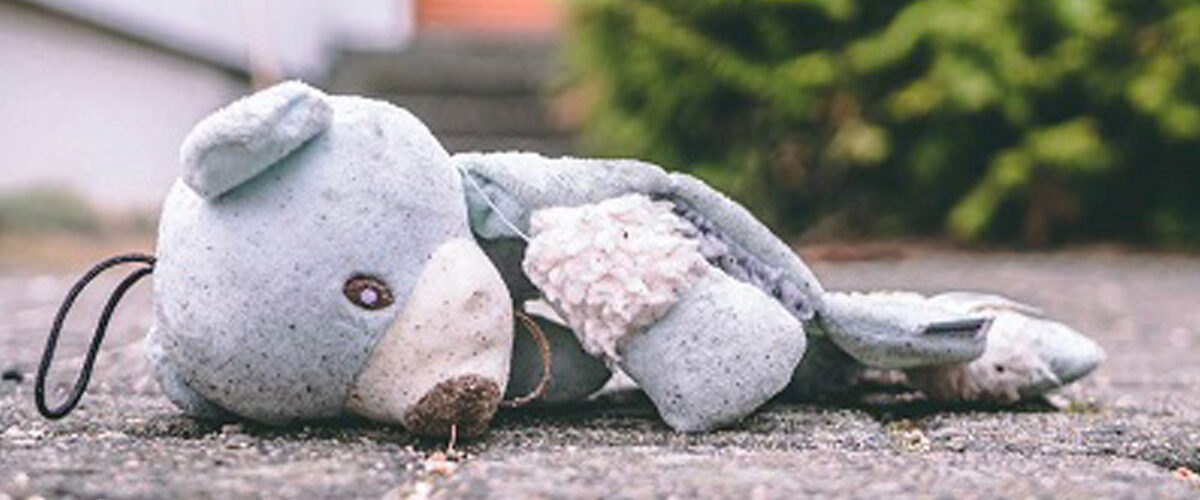By Willow Duffy, CEO of Safeguarding Children
Let’s not sugar-coat this: New Zealand is failing its children — and it’s utterly unacceptable.
Earlier this month, I spoke on RNZ’s Nine to Noon about a deeply unsettling truth: here in Aotearoa, there is no legal requirement organisations to carry out background checks on volunteers working with children.
Yes, you read that right. Anyone can set up a charity but there are no standards in place for keeping children safe when children are involved the services provided. As a country we have no child safe standard across any organisation. For example, you can set up a charity that serves children but nobody is ever checking if they are fit for purpose. All the Charity Services are interested in is whether annual returns are filed and fiscal responsibilities are maintained. It’s just not good enough.
Did you know? You can volunteer to work with children in this country without anyone ever checking whether you’ve got a history of abusing them. In fact, you could have been convicted of child sexual abuse overseas, move to New Zealand, and walk straight into a volunteer role with vulnerable kids — no questions asked.
How is this even legal?
In the UK and Australia, such a gap in safeguarding simply wouldn’t be tolerated. There, it’s mandatory — non-negotiable — to carry out criminal background checks (like the UK’s DBS check or Australia’s Working With Children Check) on anyone working or volunteering with children. It’s standard. It’s expected. It’s common sense. The thing that makes a difference in Australia is the Child Safe Standards that came out of their Royal Commission Inquiry which apply across all states. Queensland has taken it a step further and made these standards law in 2024.
Meanwhile, here in New Zealand, we seem to prefer trusting the “good intentions” of organisations and volunteers, rather than protecting children with robust, enforceable systems.
“We keep saying ‘she’ll be right’ — but what if she’s not, and a child gets harmed because we didn’t bother to check?”
The result? We end up relying on luck.
And when luck runs out — as it did in the horrific recent case of a former Destiny Church youth leader who sexually abused several young boys — children pay the price. That predator volunteered for five years without being properly checked. Five. Years. This is just one example, everyday the media is filled with stories like this – and this is just what has been reported. These are real children – and real lives.
What are we doing?!
There’s a cultural reluctance in New Zealand to “rock the boat” — to impose what some might call “bureaucracy” on the community and volunteer sector. But here’s the reality: safeguarding isn’t red tape — it’s a prevention.
One aspect could be having a system in place like the The Blue Card system in Australia. It is a mandatory screening process designed to help keep children safe. It checks a person’s criminal history and other relevant information to assess whether they’re suitable to work or volunteer with kids. Anyone who wants to work with children in certain roles — like in schools, childcare, sport, or community groups — must hold a valid Blue Card. It’s not just a one-off check either; the system continuously monitors cardholders, so if any new concerns arise, action can be taken. It’s a simple but powerful way to help protect children from harm.
This isn’t hard. It’s not expensive. It’s not overkill. It’s responsible.
So the question isn’t whether we can require background checks. It’s why we haven’t. Why are we still dragging our feet when children’s safety is at stake? Why are volunteers in New Zealand trusted more than children are protected?
Frankly, it’s shameful.
If we truly believe our children deserve the same protection as kids in the UK or Australia, then we need to demand the same systems. That means mandatory background checks for all volunteers working with children — not just for paid staff, not just when it’s convenient, and not just when something has already gone horribly wrong.
It’s time for New Zealand to catch up.
Let’s stop hoping for the best and start doing better — because children’s lives, safety, and futures are worth more than our complacency.
